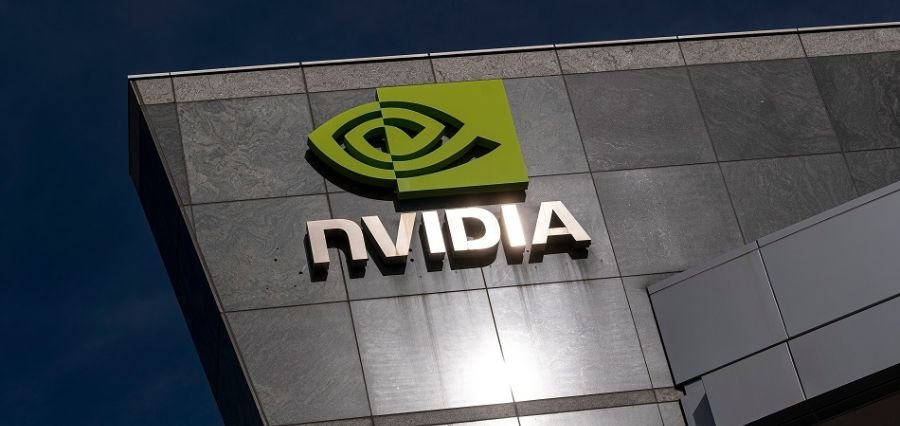Prime Highlights
- AMD and Nvidia will pay the U.S. government 15% of revenues on China sales of AI chips in exchange for export licenses.
- Nvidia’s next-generation Blackwell chip in a lower-spec form could also be allowed for export subject to tight performance limits.
Key Fact
- The deal ties export clearances to revenues that go to the government for the first time in U.S. trade policy.
- Legal commentators warn that the accord may cross constitutional lines and profane the legality of export bans.
Key Background
The US government has entered into a landmark agreement with Nvidia and AMD in which Washington receives 15% of the revenue from the sale by the two of their Chinese AI chip business in return for export approvals. The pact opens up for sale chips that were earlier denied, such as Nvidia’s H20 and AMD’s MI308, originally created to meet stricter US export controls but subsequently withheld following concerns related to national security.
Trump sold the deal as a strategic win, pointing out that he had demanded early on for a 20% decrease before settling for 15%. Trump labeled the H20 “obsolete” and already in Chinese hands, presenting the deal as low-risk and economically beneficial to the U.S. He also indicated that Nvidia could export a lower-performance version of its premium Blackwell chip, 30–50% less, further to inhibit potential security risks.
The move is a sharp divergence from historical export control policy, never driven by budgetary reasons to generate revenues and always in the interest of national security. Critics argue the 15% tax is an unconstitutional export tax and creates a defective precedent for destroying the line between fiscal policy and strategic technology restraint.
This deal is just one part of a larger trend of what economists refer to as “command capitalism,” in which the U.S. government directly controls corporate decision-making. Other such deals have just been reached with Apple and Nippon Steel, implying a shift toward leveraging trade and technology exports as tools for economic reward as well as geopolitical influence.
Against the backdrop of growing tensions between Washington and Beijing regarding AI and semiconductor dominance, the deal is a testament to the new assertiveness by Washington to export access to state-of-the-art technologies while keeping firmly in its control their designs on foreign lands.
Read More : A Love Without End: The Richard and Elizabeth Story, August2025




